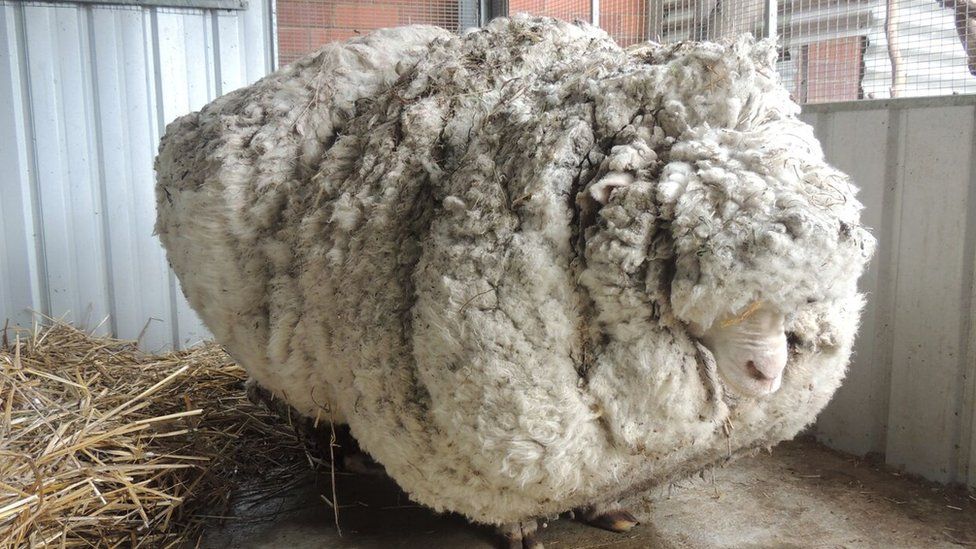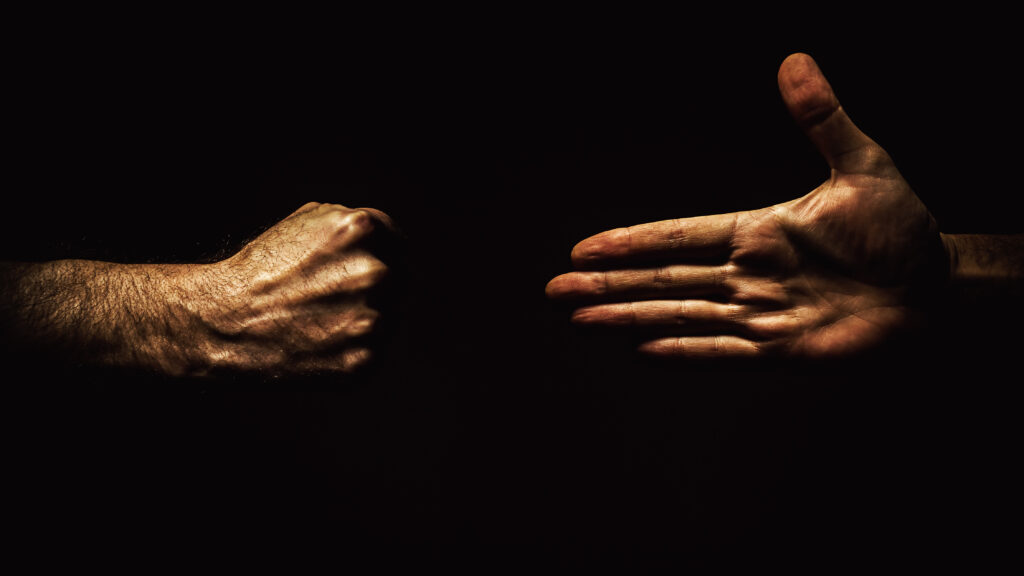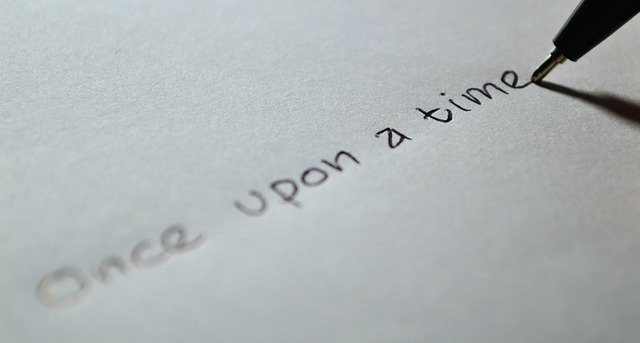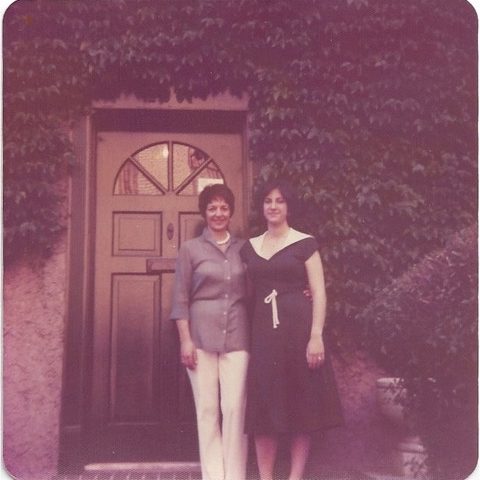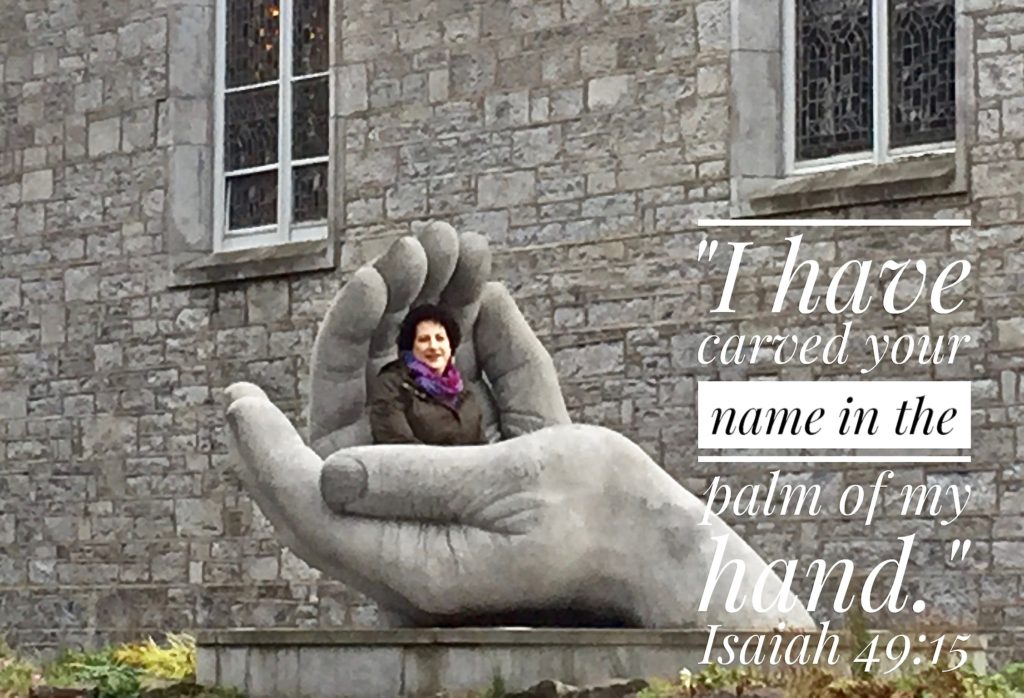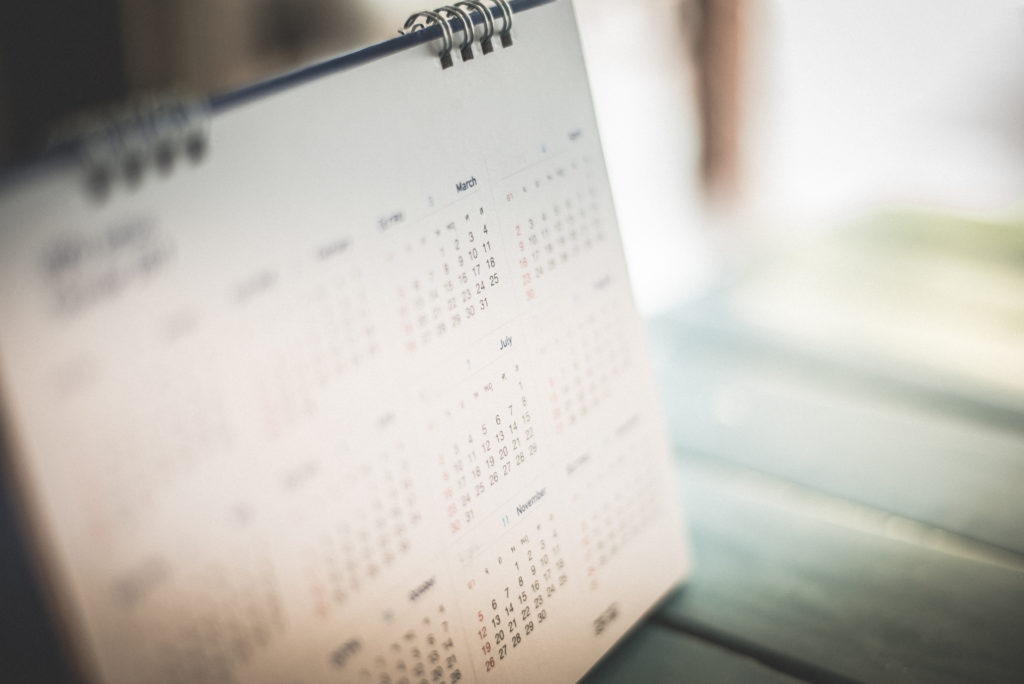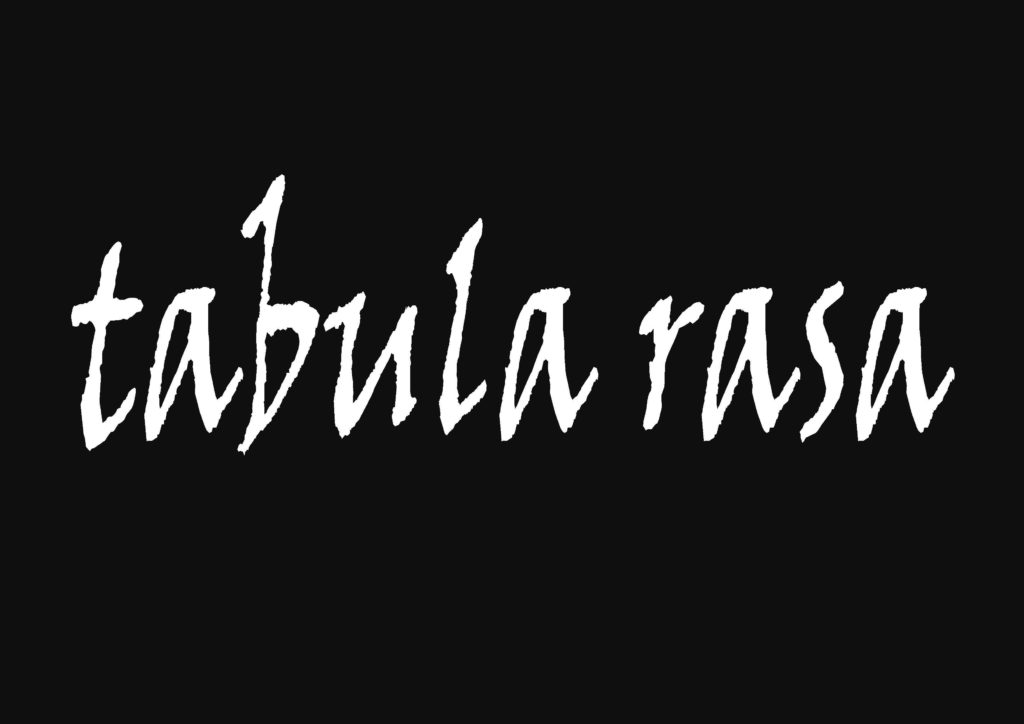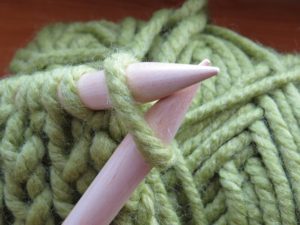It used to be that when I was having trouble writing, the best remedy was to read. It reminded me that I loved words. I loved giving myself over to someone else’s vision, to being led, to being thrilled by a turn of phrase, a clever twist, being surprised that words on a page could evoke emotions usually reserved for real life.
When I seemed unable to do any of those things myself, I sat at someone else’s feet and let them school me. It was liberating, nourishing, invigorating.
Lately, it has had the opposite effect. The more I read, the less I want to write. In the last few years, the non-fiction writing I have consumed from newspapers, magazines, Twitter (lots of Twitter) has left me exhausted and for the first time in my life, at a loss for words.
Two things have happened that have made the thought of opining about anything as appealing as root canal. Twitter is at the heart of both.
Ironically, I started on Twitter because of my writing. I was told that to be successful, I had to build my platform, and social media was the way to do it. I quickly realized I’m just not a Twitter kind of gal. Other than promoting my blog, I couldn’t think of a thing to say. But, I did get sucked into the vortex of other people’s opinions, hot takes and flame wars. And all those voices have just drowned out my own. Like someone who spends all day working in a candy factory, the last thing I wanted to do was have a chocolate bar when I got home.
It’s not just exhaustion, it’s also fear. Because of the nature of Twitter — of any kind of public discourse, really — I am loath to peek out of my foxhole for fear of drawing fire. I have seen what happens to people to wade into that battlefield and it ain’t pretty.
When I think about it, there are things I want to say, but I am afraid. I want to set the record straight about things I know are not true. I want to present another side to a story that is being presented as incontrovertible fact. I want to come out of the closet and say, “You know those people you think are stupid/evil/enemies of all that is good and holy — well, that’s me.” This leaves them with two choices: reevaluate their assessment of those people, or reevaluate their assessment of me. I fear it would be the latter.
I think I know what I can expect from the world at large. But it becomes particularly difficult when it comes to people who share my faith. I’ve come to expect vitriol and closed minds in the public square. It seems people have retreated to their own fortified castles where only the like-minded are welcomed and the thick stone walls ensure no other voices penetrate. I fight hard, not always successfully, against this in my own life. When I come across a story that fits a little too perfectly with my ideas about things, I try to stop and see if it is really true. Often it is not, and I am chastened. I fight hard to keep the drawbridge down, lest someone with whom I disagree cares to visit.
But I have a higher standard for people in the body of Christ. Not that they’re perfect saintly people all the time. I know I am not, and I know they aren’t either. But, I do expect some shared notion of grace and mercy, some expectation of mutual respect simply because we are both children of God. Alas, I have been disappointed many times. Disappointed in how others spoke to and of me. Disappointed in how I treated others.
I once belonged to a Christian organization that preached the virtue of diversity, and rightly so. But when I dared to transgress the accepted zeitgeist, I learned that this didn’t include diversity of opinion. When I tried to express my (unacceptable) views, I was called vile names, the worst being “not a true Christian.” I expected that from cable news. I didn’t expect it from the gathering of saints. So, I stopped speaking and I stopped listening. Another fracture in the body of Christ. And wasn’t Satan pleased!
In fact, I wonder if this era of fighting like cats in a bag isn’t Satan’s finest hour. Encouraging our darkest impulses, especially those who belong to the Lord, hoping to peel the sheep from the shepherd. Fomenting fear, keeping people slinging mud, hurling epithets, using primal screams in the place of reasoned discourse. Or worse, scaring people into silence and silos.
“The Lord said to Satan, “Where have you come from?” Satan answered the Lord, “From roaming throughout the earth, going back and forth on it.” (Job 1:7)
It is has ever been thus.


